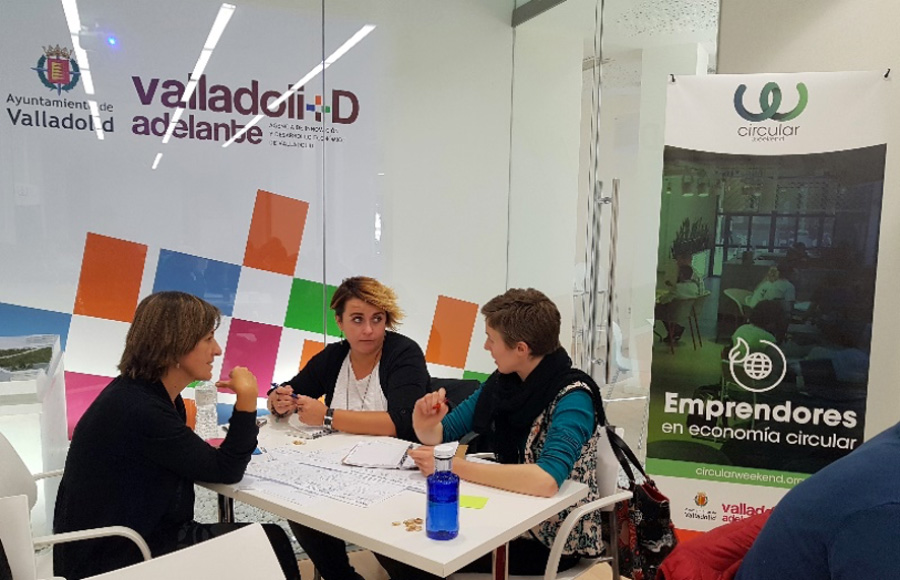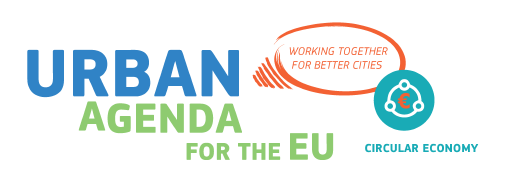Grants and subsidies
Grants and subsidies are offered by governments at several governing levels (local, national, EU). Many types of organisations are eligible for grants, including companies, research institutes, universities, public authorities, and NGOs.
In principle, grants and subsidies do not have to be repaid to the grantor, provided that the grantee complies with the contractual terms. Subsidies and grants, however, do not necessarily cover all the costs of a project. This means that the beneficiary organisation often will have to secure other means to finance their project, either with own equity or with support from a third party such as a bank.
Grants versus subsidies?
Although the terms “subsidy” and “grant” are often used interchangeably, a distinction can be made between them. Whereas subsidies are current payments aiming to influence levels of production or prices, grants are direct financial contributions for specific activities that support the policy objectives of the EU or the general government.
Which grant programmes are relevant to Circular City initiatives?
Since most governments have set objectives to make their economy more circular, mitigate climate change and improve resource efficiency, many grant programmes exist for companies or projects with these objectives:
- European Structural & Investment Funds
- Horizon 2020
- Horizon Europe
- European Institute of Innovation and Technology (EIT)
- LIFE
- Interreg: European Territorial Cooperation
- Connecting Europe Facility (CEF)
- URBACT III
- Urban Innovation Actions (UIA)
- Innovation Fund
- EUREKA
- Eurostars
- Modernisation Fund
- National and local grants and subsidies
The circular economy is seen by many governments as an important means to a more sustainable society. In order to accelerate the required technological and societal changes, governments award grants mainly to activities that involve research, development and demonstration of new technologies and concepts. In addition, grants are often available for educational programmes, awareness campaigns and capacity building.






